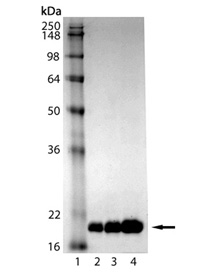The generic term ‘‘autophagy’’ comprises several processes by which the lysosome acquires cytosolic cargo, with three types of autophagy being discerned in the literature: (1) macroautophagy, characterized by the formation of a crescent-shaped structure (the phagophore) that expands to form the double-membrane autophagosome, capable of fusion with the lysosome; (2) microautophagy, in which lysosomes invaginate and directly sequester cytosolic components; and (3) chaperone-mediated autophagy (CMA), which involves translocation of unfolded proteins across the lysosomal membrane. Upregulation of autophagy pathways occurs in response to extra- or intracellular stress and signals such as starvation, growth factor deprivation, ER stress and pathogen infection. Malfunction of these pathways is linked to various human pathologies including cancer, neurodegeneration and infectious diseases. Selective macroautophagy describes the pathway of self-degradation of whole cellular components, protein aggregates or unusually long-lived proteins; in which double-membrane autophagosomes sequester organelles, ubiquitinylated proteins or ubiquitinylated protein aggregates and subsequently fuse with lysosomes for breakdown by resident hydrolases. Formation and expansion of the pre-autophagosomal structure requires the attachment of the ubiquitin-like protein ATG8 via its C-terminal glycine to the amino group of phosphatidylethanolamine (PE), enabling its anchoring to the isolation membrane of the autophagosome. In mammals, ATG8 is represented by at least seven related proteins that fall into two subgroups, LC3- and GABARAP-like proteins. The free and PE linked versions of these proteins are often referred to as LC3-I and LC3-II respectively.
Shipping: Available products typically ship within 24/48h, via priority shipping.
Do you need support? Contact Customer Service or Technical Support.
Online Account
Access or Create Your Account
| Regulatory Status |
RUO – Research Use Only |
|---|
Last modified: October 9, 2025
 Lab Essentials
Lab Essentials AMPIVIEW® RNA probes
AMPIVIEW® RNA probes Enabling Your Projects
Enabling Your Projects  GMP Services
GMP Services Bulk Solutions
Bulk Solutions Research Travel Grant
Research Travel Grant Have You Published Using an Enzo Product?
Have You Published Using an Enzo Product?

